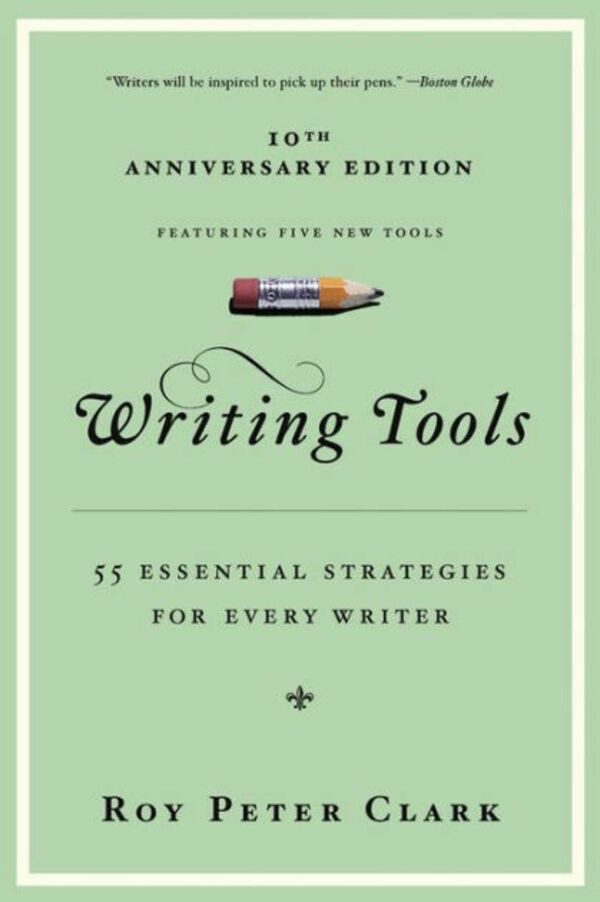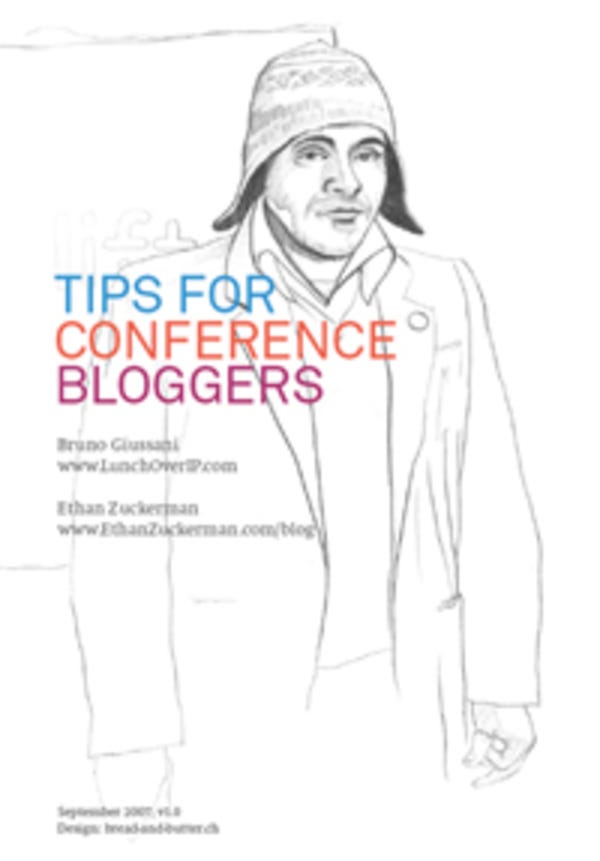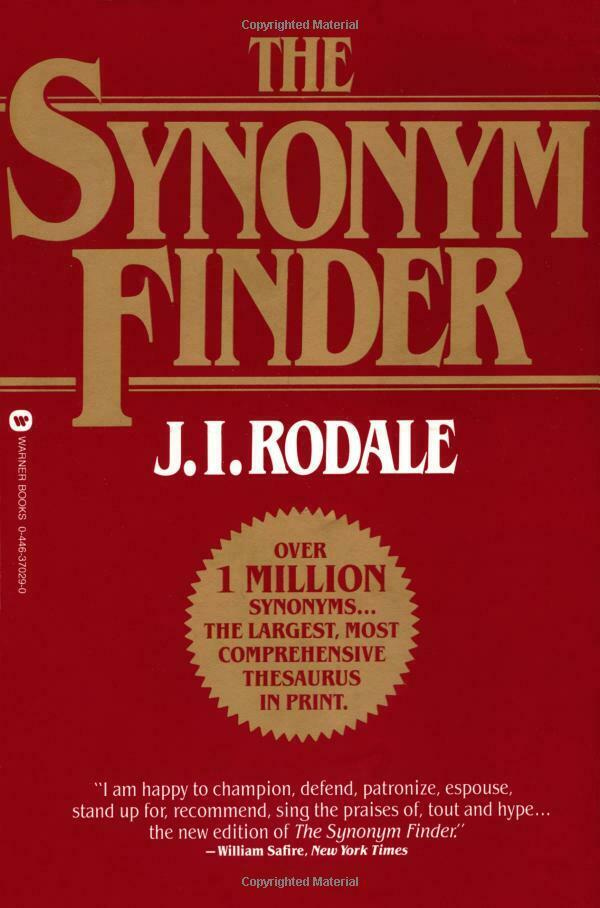Farewell, My Subaru
Diary of local, green living
These days there’s a glut of first-person reportage centered on alternative lifestyles. Some narratives come across as self-righteous and self-indulgent. This book is not one of those. When 30-something journalist Doug Fine buys a plot of land in New Mexico and vows to live as “green” as possible, his self-deprecating, humorous outlook kicks in. He never denies he’s in over his head. Quite the contrary, which makes every misstep and subsequent triumph all the more gratifying. From rearing goats found on Craigslist to garnering rainwater harvesting tips via — what else? — http://harvestingrainwater.com, and Googling a VegOil auto mechanic, Fine’s journey is exactly what it professes to be: “green, Digital Age living.” No substitute for the rigorous how-to’s penned by experts, this entertaining, heartfelt journey is a testament to what’s possible with a Web connection and heaps of determination. Indeed, the path to alternative living truly begins at our fingertips. Even if you could care less about going green, living local or starting-up solar, there’s inspiration to be had. Plus, delicious recipes highlighting some of Fine’s homegrown stuffs.
05/22/08Excerpt
I had been reading almost nothing but goat literature for a month, much of it contradictory. As usual, books failed to prepare me for real life. The classic goat-care bible is David Mackenzie's 1957 tome Goat Husbandry, and thanks to the line: "The nature of the goat is disciplined, co-operative and intelligent," I had started my career as a gentleman rancher naively thinking that raising dairy goats would be easy. I mean, I'd throw them some hay, breed them, and soon enough they'd be giving growth hormone -- free milk, with enough left over for me to barter locally for things like hay, buffalo meat, and massages. How hard could that be? Now, with five minutes under my belt as a goat owner, one of my kids was kicking me in the pelvis as I tried to get her into my car.
*
I relied pretty heavily on the first line of Jim Corbett's book Goatwalking, which stated definitively that "Two milk goats can provide all the nutrients a human being needs, with the exception of Vitamin C and a few common trace elements."
*
The actual vegetable oil pump, tucked between seven hundred porta johns, looked like gas station pumps used to look when my dad was little: quaintly oval, with an old-school gauge and actual physical numbers that turned as you fueled. I asked Kevin [Forrest of Albuquerque Alternative Energies] if this would be a normal fill-up. "Yeah, except if you hold the fueling handle long enough -- ow! -- it might burn your hand. Feel." I clasped the handle. "Yeah, ow! Hot," I agreed. I guessed correctly that the pump was kept at scalding temperatures to prevent artery clogging in its lines. With my palm still, I reached for the nozzle again with my shirttail as a potholder. I wanted to put the first vegetable oil into my truck even if it cost me a hand. I mean, filling up with a clean fuel from a totally old-school pump. How cool was that? I felt like ordering a grape Nechi. I unscrewed my gas cap and aimed the nozzle at my normal fuel tank. "Whoa whoa whoa!" Kevin shouted, breaking me out of my reverie. "What?" "If you put the vegetable oil in your old diesel tank, this truck'll never drive again." "Right." Just what I needed: two fuel tanks to think about. But a few minutes later, with eighty gallons of oil in the correct tank and a second-degree-burned hand, I did a little mileage calculation. If I got the same eighteen miles per gallon on VegOil that I got on diesel, I wouldn't have to fill up for the next fifteen hundred miles. That would get me halfway across North America. I was good to go for months, and I wouldn't have to fill up with actual diesel, well, almost never. With diesel prices up twenty cents per gallon in the three days since I arrived in Albuquerque due to some kind of pipeline sabotage in Nigeria, I was already rubbing my palms together. It'd be so simple: when I ran out of veggie oil, I'd simply get more at the Mimbres Cafe. That was one of two small eateries in my valley, known for its mastery of both traditional New Mexican dietary staples: fried corn products and fried flour products. I could still tool around in a car, that ultimate American symbol of freedom. My gas would be free and clean. Sure, i would have to calculate and pay my own fuel taxes on the honor system next April. But that was a lot better than that last $67 diesel fill-up I had just endured on the nearby tax-free Indian reservation. I was carbon neutral, and it felt right.
*
Sometimes having a "grid inter-tie" system, that is, a solar- or wind-power setup that is still connected to the energy company's power lines, can be even more effective than moving off the grid entirely. In many states, utilities are required to buy back any surplus energy you produce with your home solar panels or wind generator. Instead of receiving an electric bill, you can receive an electric check.
*
If the local government bought my story about trying to be a legitimate local food producer (which I was just starting to buy myself), it'd mean a savings of probably a thousand dollars per year over what the previous owner had been paying in taxes.
*
Seven hours after my vow to avoid box-store shopping, I sat atop the Funky Butte in a semi-lotus, with ubiquitous Sharp Desert Stuff turning me into one of those bed-of-nails swamis. With Arkansan chicken still in my belly, my thoughts moved through the day's events at the Funky Butte Ranch. The runaway LOVEsubee. A new herb garden. Suddenly a firm resolve hit me. I had been doing things half-baked; conducting my relationships, catching salmon, shopping for dry goods. I wanted to do things fully baked. No, wait, that didn't come out right. What I meant was I was going to dive into this experiment with everything I had. Although I didn't realize how literal that "dive in" pledge would soon prove. I would do it one project at a time. Maybe after a year, I'd see some real reduction in the oil in my life. But it wouldn't be a cakewalk. At the moment, even with solar panels, I would survive as long as crunch co-ops imported tomatoes and box stores provided preroasted protein.
*
I don't like to think about dying, either. But if I had stopped to look at my overall survival ability when I embarked on this experiment, I concede that it would look like a I had a death wish. Without any of the skill sets that allowed earlier pioneers to eke out a life here, I chose New Mexico for the project, both because I love the mellow culture and vast wilderness, and because I thought it would have some of the best solar power potential on the planet... Extremely hot weather actually makes solar panels operate less efficiently -- you get about 0.5 percent less production for every degree centigrade increase in temperature.
Farewell, My Subaru Doug Fine 2008, 224 pages $19









